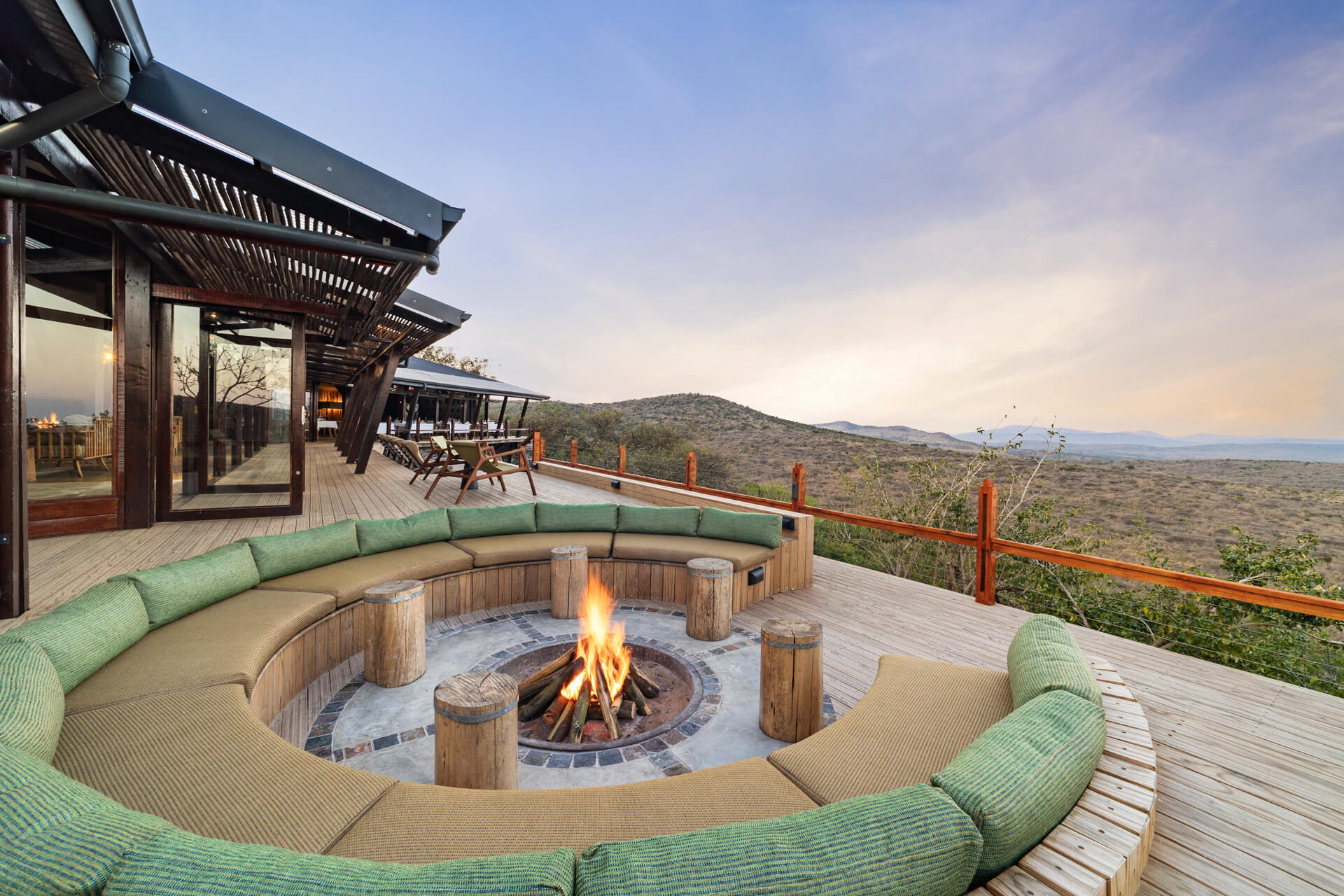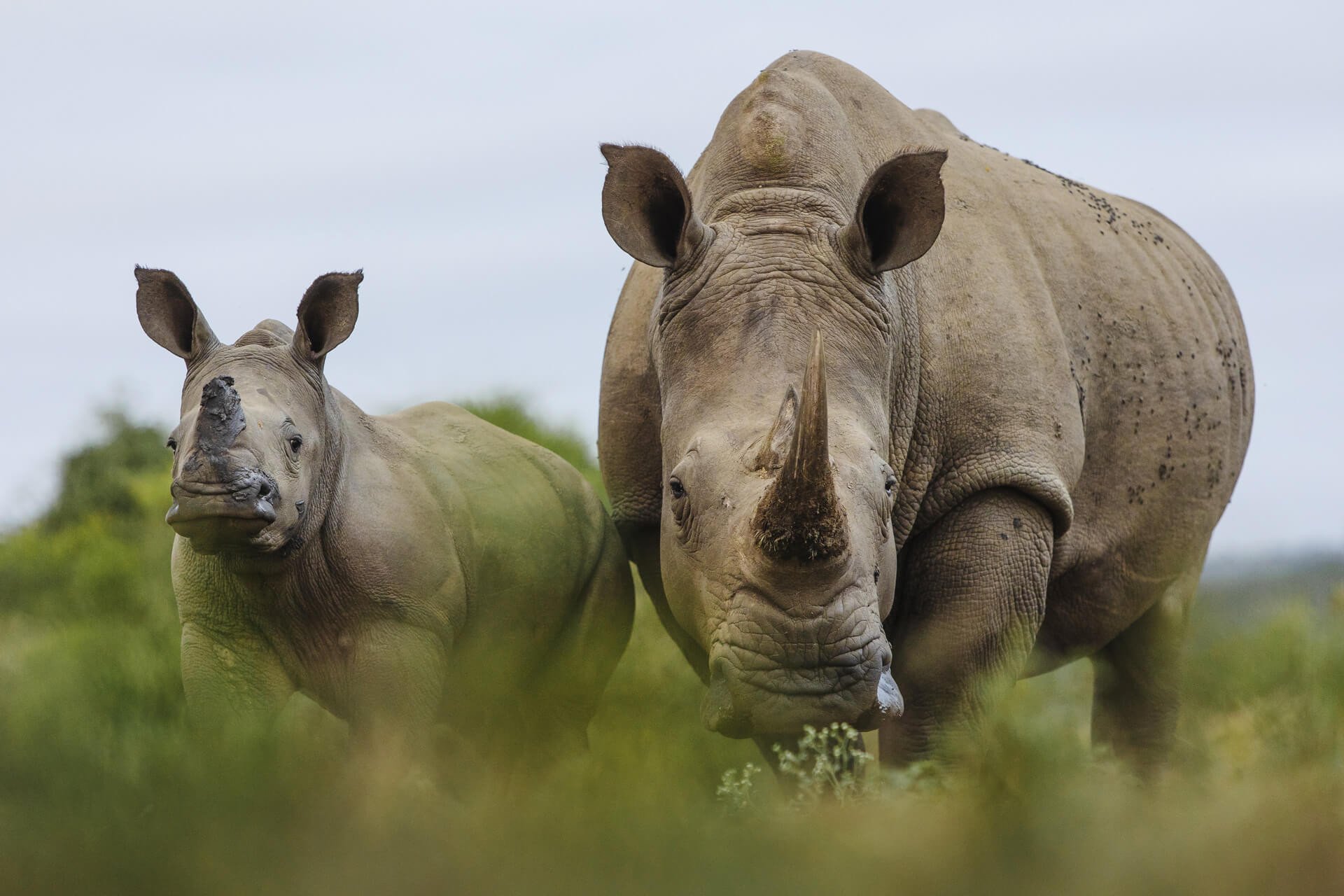blogWhat are The Benefits of Sustainable Tourism
Posted in:Rhino Ridge Safari Lodge | Sustainable Tourism
Posted on:July 30, 2024
Travelling is fun and eye-opening. Few things rival the profound rewards of travel, where you can create memorable experiences while forging connections and gaining knowledge about global cultures. But, as much as globe-trotting is a euphoric adventure, it has its downside. Done irresponsibly and without care for the planet, it could harm the environment and the ecosystem of the places you visit. Even so, there is a way to travel without negatively impacting nature. Taking this approach involves adopting eco-friendly travelling habits. What we call sustainable tourism.
Travellers often have good intentions when they travel, but not all make well-informed decisions with their destination’s interests in mind. The purpose of this blog is to provide you with information about sustainable tourism in general, its benefits and its impact on the environment and tourism sector to help you, as a tourist, make better decisions.
What is Sustainable Tourism?
Firstly, let us define sustainable tourism. But, before that, we need to explore the core principles of the concept: protecting the environment, conserving cultural heritage and creating inclusive and accessible economic opportunities. With knowledge of the responsibilities, we can define sustainable tourism as travelling eco-consciously to minimise harm to nature and societies while boosting the local economy of your destination. Additionally, sustainability in tourism seeks to reduce damage to natural reserves, erosion, and overcrowding, and protect the livelihoods of communities.
Isibindi Africa Lodges describes sustainable tourism as purposeful travelling centred around saving the planet for the benefit of future generations.
What is the Impact of Sustainable Tourism?
The primary goal of sustainable tourism is a healthy planet. The objective is to reform the tourism industry to benefit future generations whilst meeting current needs. Moreover, the approach aims to negate the dangers posed by conventional tourism. All sustainability efforts in tourism should drive this end goal. Prioritising environmental health is imperative in a world grappling with global warming.
With the fundamental intention being to create a healthy planet, let us delve further into the impact of ecotourism:
- Preservation and conservation: Sustainable tourism is valuable in conserving and protecting endangered species from harm. An example of such a species is the rhino which faces extinction due to the high demand for its horn. This demand has since created the poaching scourge. As a result, anti-poaching initiatives remain the only solution for now. However, they need funding and assitance. Seeing this need, Rhino Ridge Safari Lodge has donated camping equipment, new vehicle tyres, and highly specialised gadgets such as goggles and GPS devices to the Anti-poaching unit in Hluhluwe-iMfolozi Park.
- Support local communities: Collaborating with local communities supports economic development and preservation of heritage, and fosters a mutually beneficial relationship. Operators should be cognisant of the importance of inclusive tourism activities.
- Landscape restoration: This involves restoring the biodiversity of the host community. Rhino Ridge’s sickle bush project is one example of restoring cattle grazing land into a natural habitat for native wildlife.
- Climate Change Mitigation: Sustainable tourism promotes the use of renewable energy, reduces carbon emissions, and implements measures to adapt to climate change, which are essential for protecting destinations from the adverse effects of global warming.
Why Is Sustainable Tourism Important
Sustainable tourism means responsible travel that involves the need to minimise negative impacts on the environment while maximising the benefits for local communities. The purpose is to achieve equilibrium through protecting the ecosystem, acknowledging the local population’s culture, and following fair trade policies in the tourism industry. Ecotourism can motivate tourists to lead more environmentally conscious lives by enabling them to learn about and interact with the natural world, thus raising awareness about environmental issues and promoting sustainable practices in a broader and more meaningful way. Such practices could range from simple changes like utilising reusable bags and energy-efficient light bulbs.
Advantages of Sustainable Tourism
Tourism has emerged as a global economic powerhouse, driven by millions of people travelling for leisure each year. This expanding industry fosters job creation and boosts GDP, contributing substantially to economic growth. The geographical location and dynamics of host destinations influence the advantages of sustainable tourism. However, ecological conservation, socio-cultural development, and boosting local economies remain primary pivot areas. Let us focus on some sustainability projects of Isibindi Africa Lodges and the Isibindi Foundation:
Social and Cultural Benefits
- Strengthened communities due to more money and resources: Thonga Beach Lodge, a partnership between Isibindi Africa Lodges and the local community, opened in 2004 in the iSimangaliso Wetland Park, a World Heritage Site. The lodge is a pioneering project that involves investment from the private sector and the community.
- Higher employment rate due to the tourism industry: Over 95% of staff at Kosi Forest Lodge is from the local community, with 100% falling under the PDI (Previously Disadvantaged Individuals) category.
- Improved understanding and preservation of cultures and traditions: Isibindi Africa Lodges offers cultural visits for a unique opportunity to experience everyday life in a Zulu village. This experience is a gateway to learning more about Zulu customs, traditions and beliefs. Guided by a local expert, you’ll be warmly welcomed into a traditional Zulu home, visit a local Sangoma or participate in activities like basket weaving and cooking, gaining insights into the rich tapestry of Zulu life.
- The commercialisation of art and culture: Thonga Beach Lodge purchases crafts such as baskets, beaded jug covers, and mats from the Mabibi community to use in the lodge.
- Conservation of heritage, architecture and natural sites: Eco-lodges contribute to protecting our planet’s natural treasures. By harmoniously integrating into delicate ecosystems, these establishments minimise their environmental footprint while offering guests immersive experiences. Isibindi Africa Lodges exemplifies this commitment by operating with care for the environment in remote areas, fostering community involvement, and implementing sustainable practices. Our dedication to preserving biodiversity and empowering local communities is a shining example of ecotourism done right.
Environmental Benefits
- Improved water quality: As tourism grows in an area, the demand for utilities such as water, electricity, and waste management also increases. The Mpembeni community relies on a borehole installed by Isibindi Africa Lodges for their water supply. Thonga Beach Lodge also funds the supply of 140,000 litres of water to almost 800 households in Mabibi.
- Increased investment in nature conservation and protection: All guests staying at Tsowa Safari pay a conservation levy. This money helps to protect the wildlife in Zambezi National Park by supporting anti-poaching efforts and park maintenance.
Why You Should Care
Sustainable tourism offers a powerful approach to travel which benefits both people and the planet. In addition to protecting the environment, culture, and communities, ecotourism promotes social justice and equity. Isibindi Africa Lodges exemplifies this commitment through initiatives that conserve wildlife, support local communities, and restore landscapes.
By supporting sustainable tourism, travellers can contribute to a healthier planet, enrich cultural experiences, and uplift local communities. As the tourism industry develops, embracing sustainable practices becomes increasingly crucial. Let’s work together to create a future where travel leaves a positive legacy for future generations.



